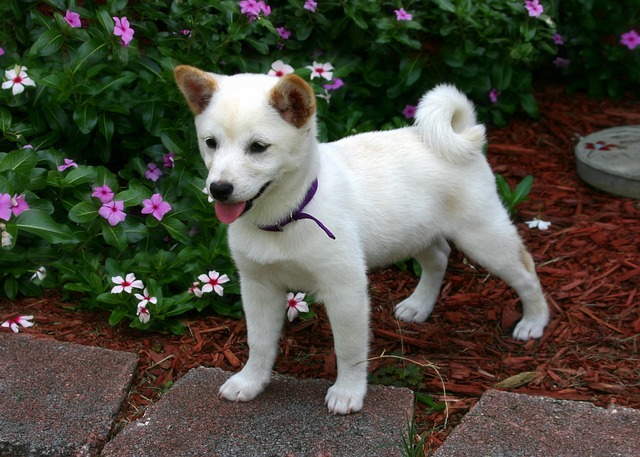
The Shiba Inu is a small to medium-sized Japanese dog breed known for its distinctive fox-like appearance, spirited personality, and strong sense of independence. Shiba Inus are often described as bold, alert, and sometimes even cat-like due to their independent nature. They are one of the oldest and smallest of the Japanese native breeds.
Breed Group: The Shiba Inu belongs to the Non-Sporting Group.
Physical Characteristics:
- Size: Shiba Inus are a small to medium-sized breed. They typically stand about 13.5 to 16.5 inches (34 to 42 cm) tall at the shoulder.
- Weight: Adult Shiba Inus usually weigh between 17 to 23 pounds (7.5 to 10.4 kg).
- Coat: They have a double coat with a soft, dense undercoat and a straight, stiff outer coat. Coat colors include red, sesame, black and tan, and cream.
Temperament:
- Independent and Spirited: Shiba Inus are known for their independent and spirited nature. They can be somewhat aloof and may not always seek constant attention.
- Alert and Curious: They have a strong sense of curiosity and are highly alert to their surroundings. They make good watchdogs.
- Loyal and Reserved: Shiba Inus are typically loyal to their families but may be reserved or cautious around strangers.
- Clean and Fastidious: Shiba Inus are known for their cleanliness and may exhibit cat-like grooming behaviors, including cleaning their faces.
Purpose:
- Shiba Inus were originally bred in Japan for hunting small game, including birds and small mammals.
- Today, they are primarily kept as companions and family pets, but they retain their hunting instincts.
Care and Grooming:
- Shiba Inus require regular exercise to keep them physically and mentally stimulated. They enjoy playtime, walks, and activities that engage their minds.
- Grooming needs are moderate. They have a natural inclination to stay clean and often require minimal grooming. Regular brushing helps keep their coat healthy.
Health:
- Shiba Inus are generally a healthy breed, but they may be prone to certain health issues, including hip dysplasia, patellar luxation, and allergies.
- Regular veterinary check-ups and a balanced diet are important for maintaining their health.
Shiba Inus can make loyal and spirited companions for experienced dog owners who appreciate their independent nature. They do well in homes with a secure yard and should be supervised around smaller animals due to their strong prey drive. Early socialization and consistent, positive reinforcement training are crucial for raising a well-behaved and happy Shiba Inu. Their unique appearance and spirited personality make them beloved members of many households.
